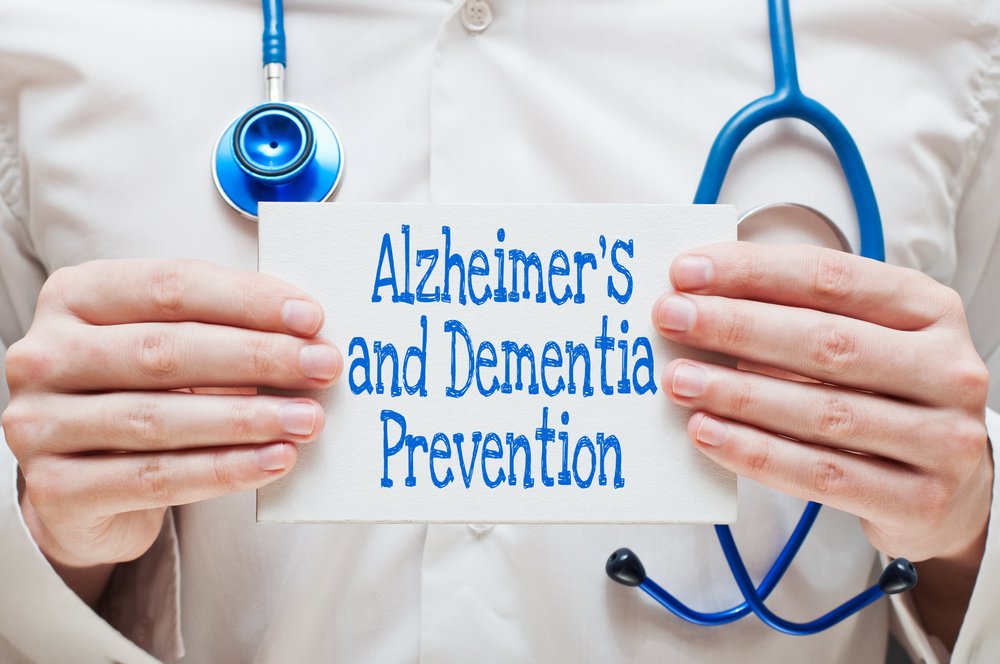Verdict Is Still Out on Whether Diets, Exercise and Cognitive-promoting Games Can Help Prevent Dementia, Report Says

Various studies have contended that diets, supplements, exercise regimens, and games aimed at promoting cognitive function can help prevent Alzheimer’s disease or other dementias.
But experts from a respected non-government-affiliated American scientific organization say there isn’t enough evidence supporting these approaches to mount a public-education campaign that promotes them.
The judgment came from a committee of the National Academies of Sciences, Engineering, and Medicine.
Committee members said there is some evidence that exercise, cognitive training and lowering high blood pressure can decrease the risk of dementia. But it is inconclusive, they said.
The committee called for providing the public with “accurate information” about the potential impact of these approaches, while awaiting proven ways to prevent dementia. Their report is titled “Preventing Cognitive Decline and Dementia: A Way Forward.”
“We’re all urgently seeking ways to prevent dementia and cognitive decline with age,” said Dr. Richard J. Hodes, director of the government’s National Institute on Aging. “But we must consider the strength of evidence — or lack thereof — in making decisions about personal and public investments in prevention.”
The committee based its report largely on another government agency’s review of research. The Agency for Healthcare Research and Quality’s Evidence-based Practice Center looked at the strength of evidence and the quality of hundreds of dementia prevention studies. The National Institute on Aging requested the review.
Hodes said he was grateful for the review, and the National Academies’ assessment of the evidence the review uncovered. The groups’ work highlighted the “progress research has made in beginning to answer” questions about preventing dementia “while pointing the way for additional studies,” he said. “This [National Academies] report will be very instructive for what we can tell the public now, as critical research continues.”
In terms of cognitive training, the report said measures “aimed at enhancing reasoning, memory, and speed of processing to delay or slow age-related cognitive decline were found promising.”
A lot of the information the government gathered for the review was from the ACTIVE clinical trial (NCT00298558) that involved researchers giving dementia patients cognitive training. The agency supplemented the ACTIVE data with information from cognitive training observational studies. That research involved watching how patients responded to training.
While a host of cognitive training games and other products exist, the report cautioned that there is not enough information to support particular approaches or training techniques. It added that there is no evidence that commercial computer-based brain-training applications can improve patients’ cognitive abilities as well as the training that researchers used in the ACTIVE trial.
While cognitive training might prevent healthy people from developing dementia, there was no evidence supporting the idea that it could help people with mild cognitive impairment or Alzheimer’s, the report said.
Evidence about the effectiveness of blood pressure management was also inconclusive, the scientists said. Clinical trials have offered little support for the notion that controlling blood pressure can help prevent dementia, they said.
Studies indicating that many dementia patients have high blood pressure “make it plausible” that controlling could reduce the risk of dementia, however, the report said.
Clinical trials dealing with the connection between increased physical activity and reduced risk of dementia suggest that exercise can prevent healthy people from developing dementia, but wouldn’t help those who already have mild cognitive impairment or Alzheimer’s, the scientists said.






